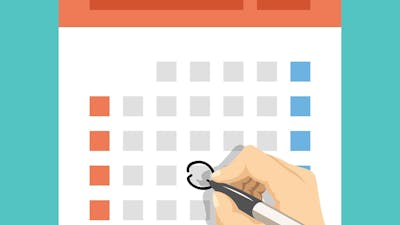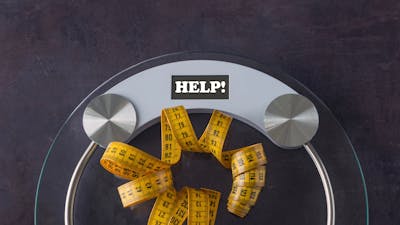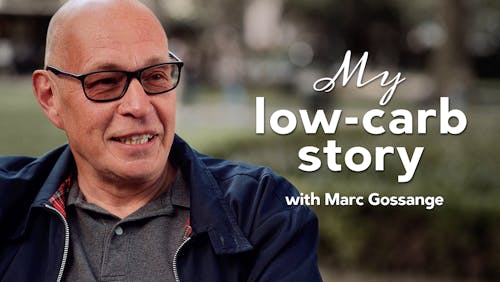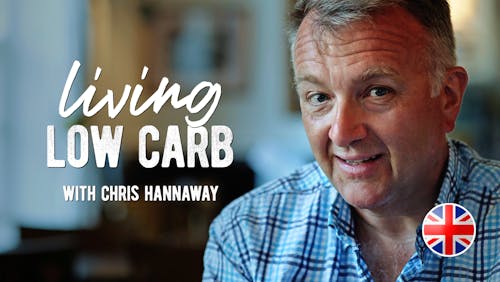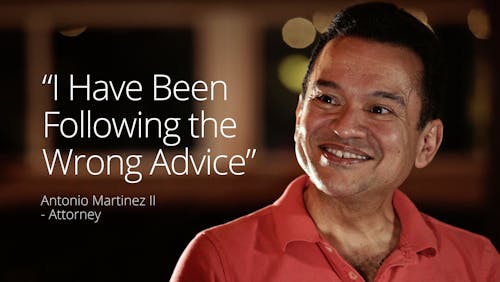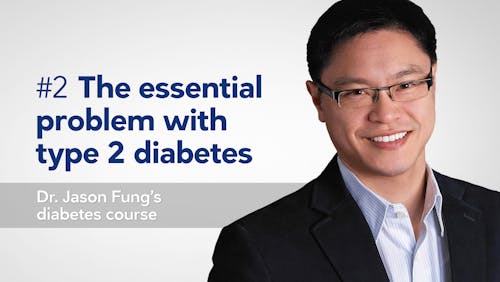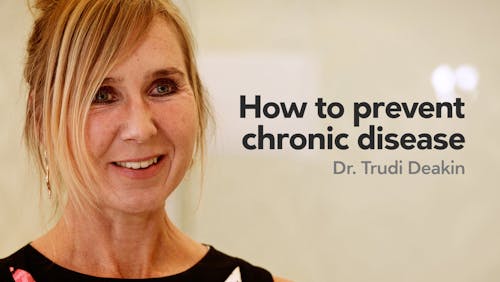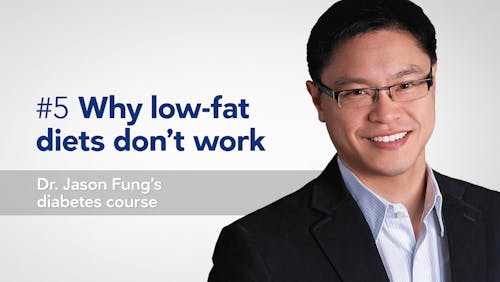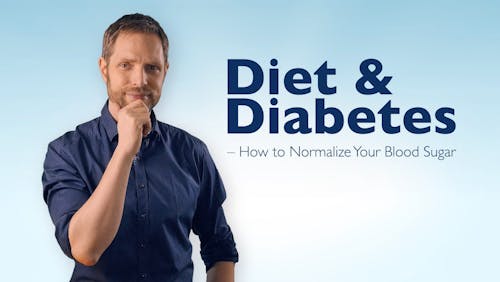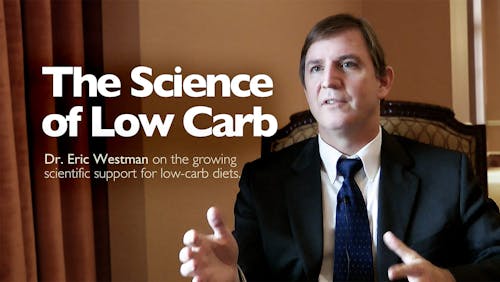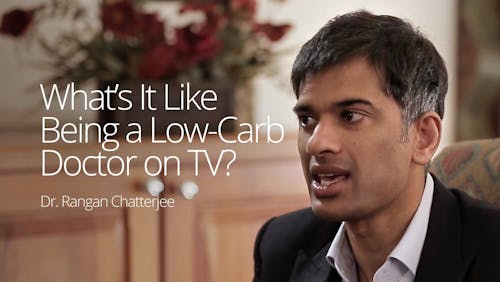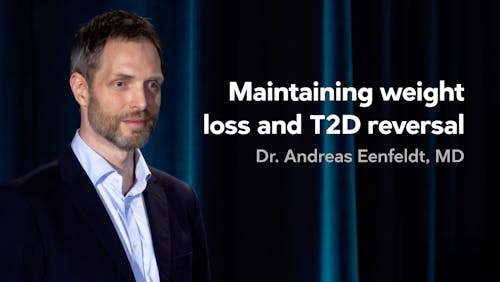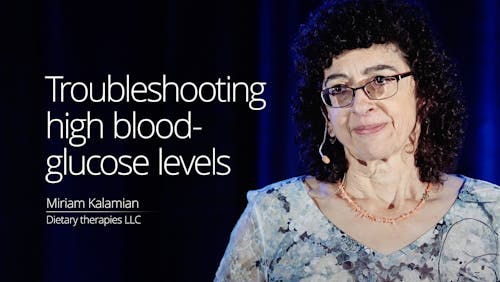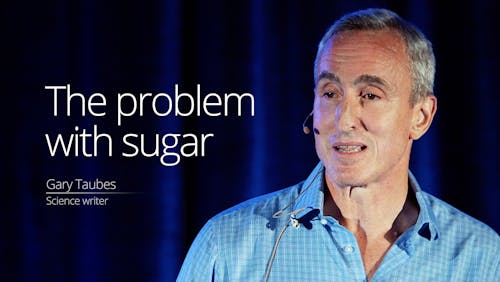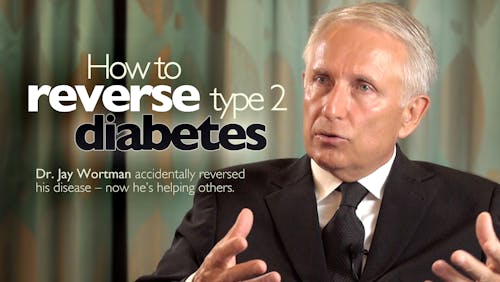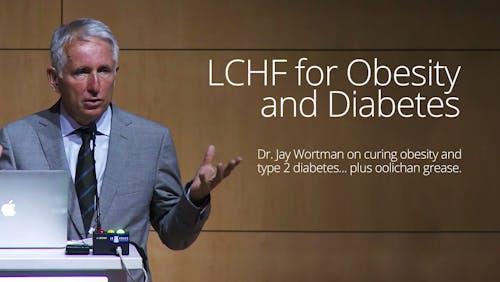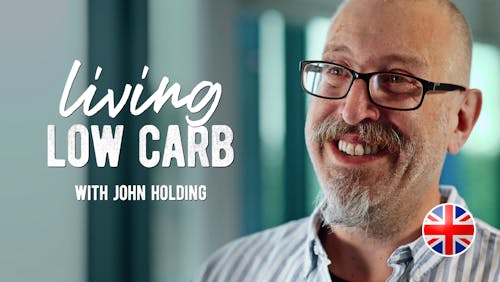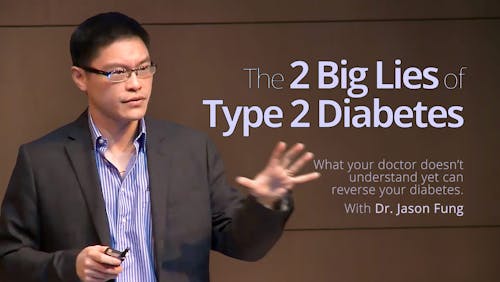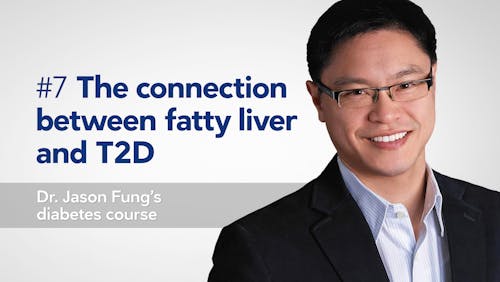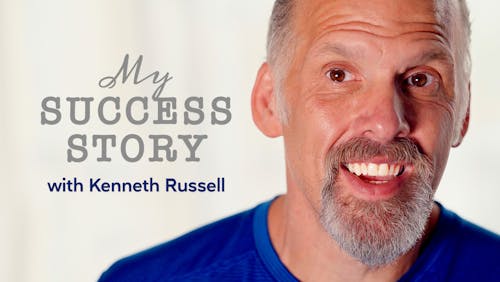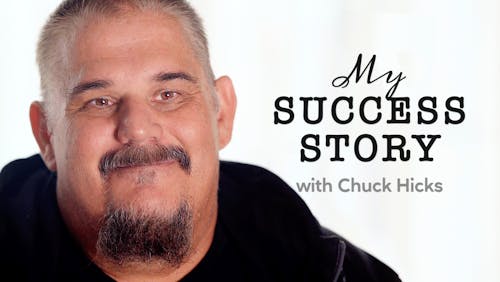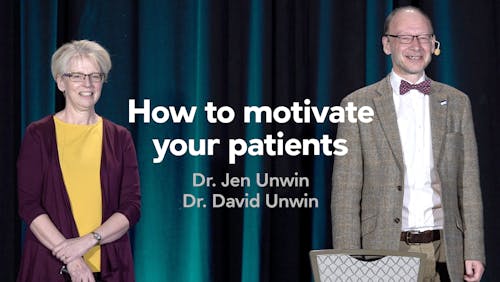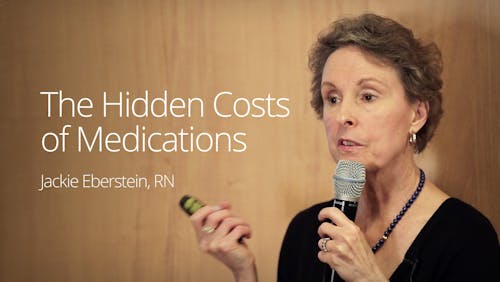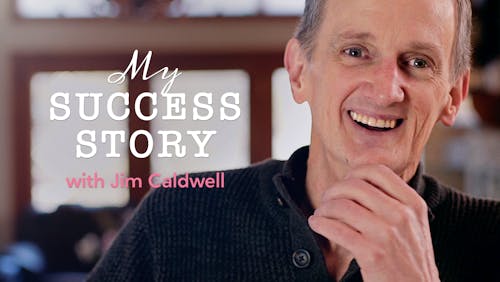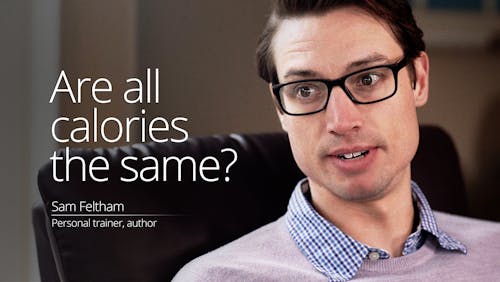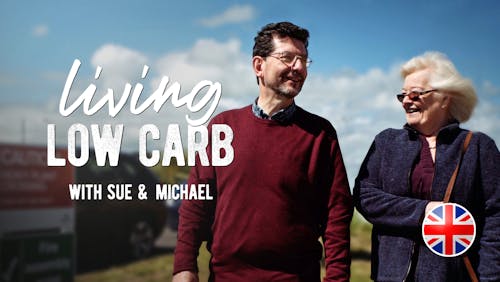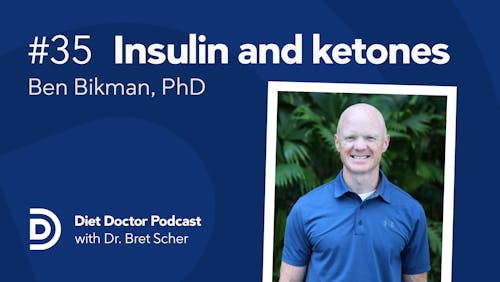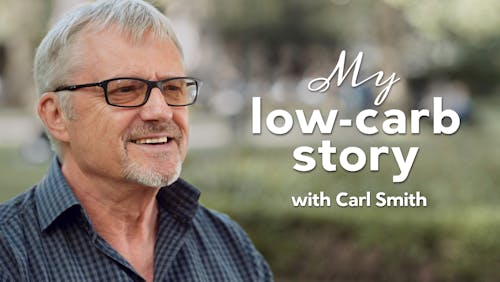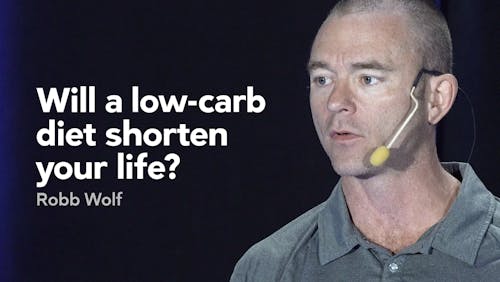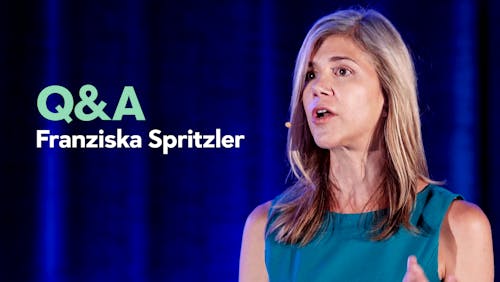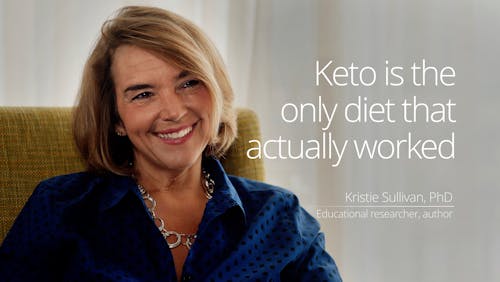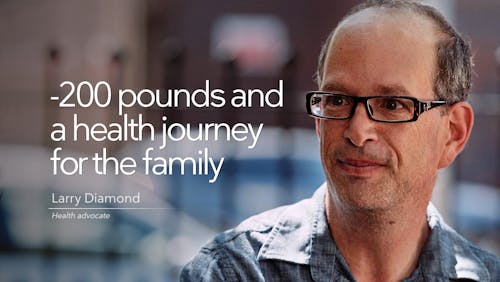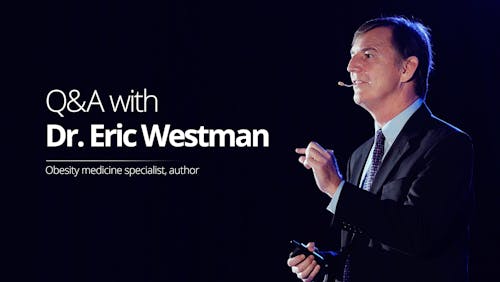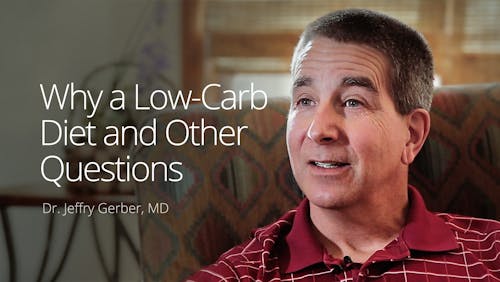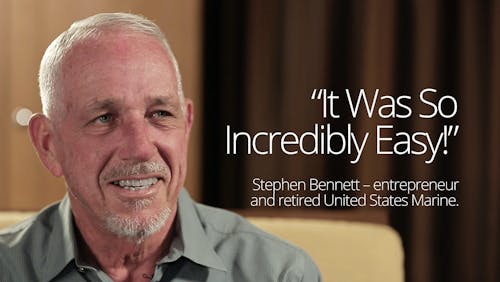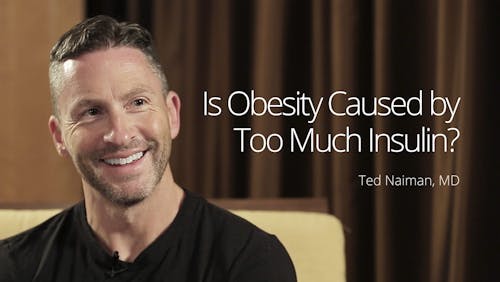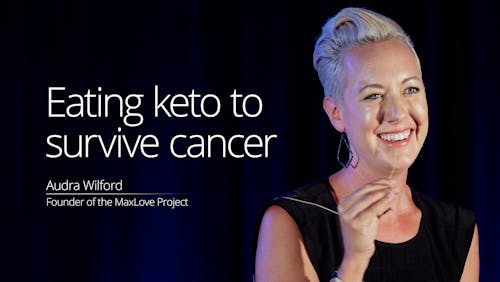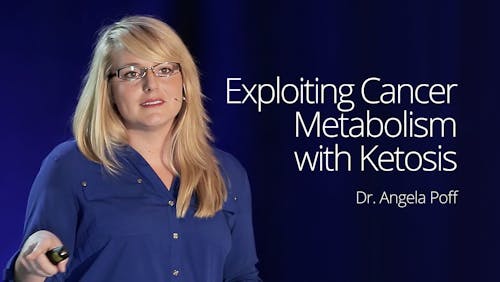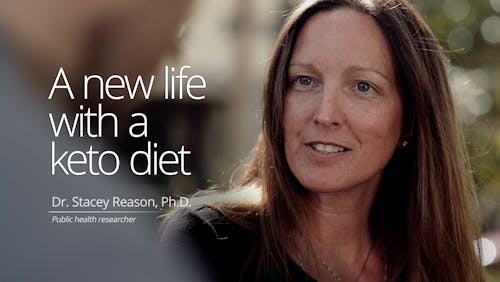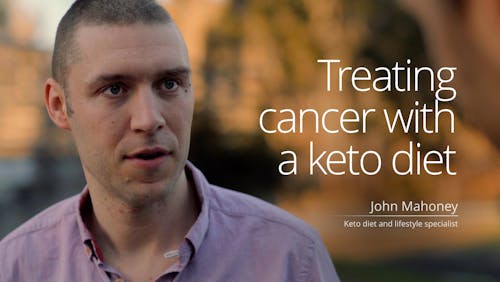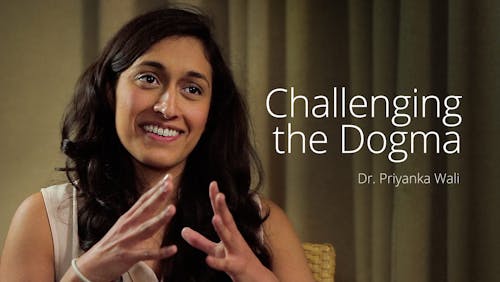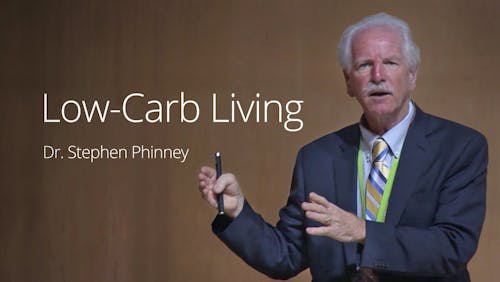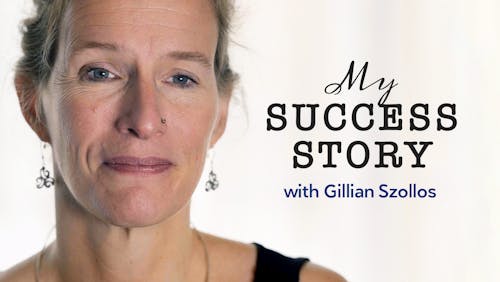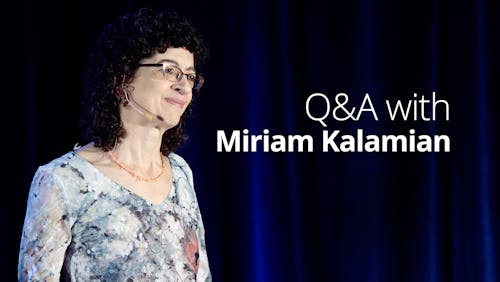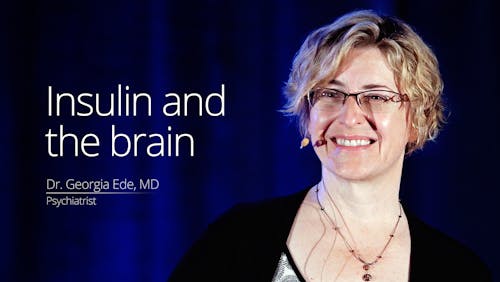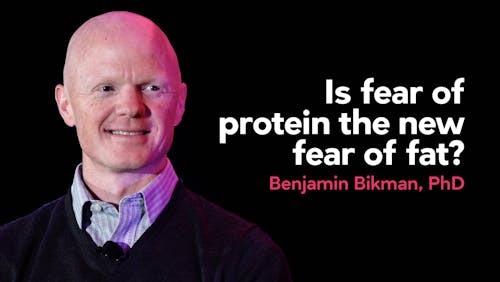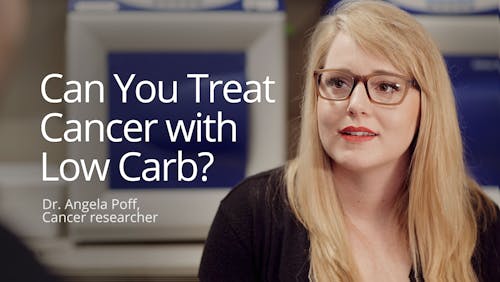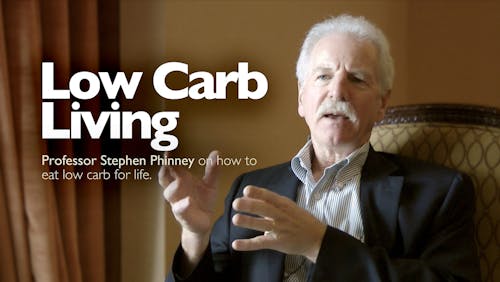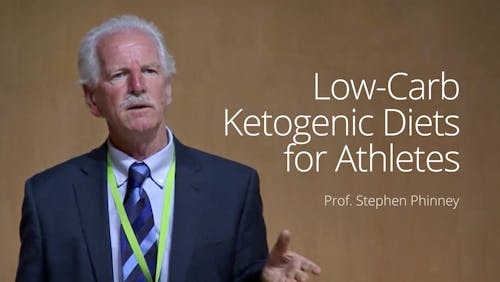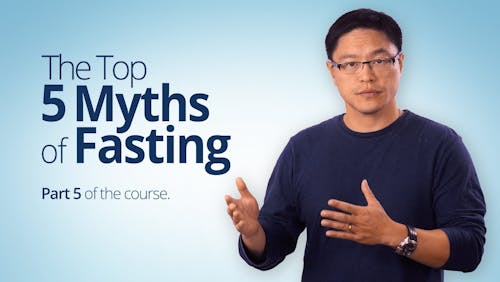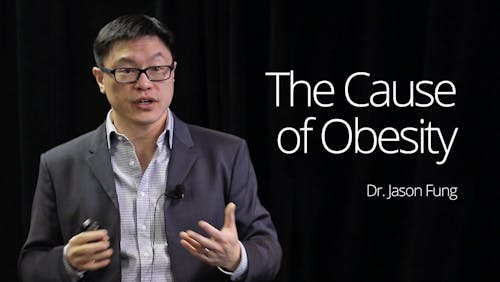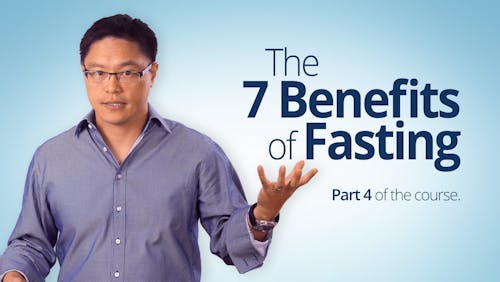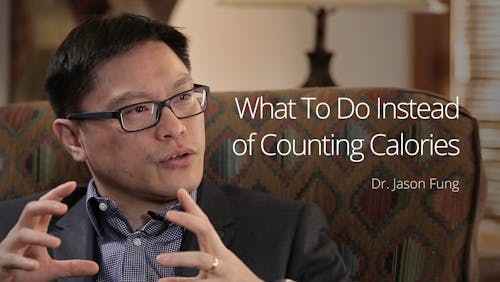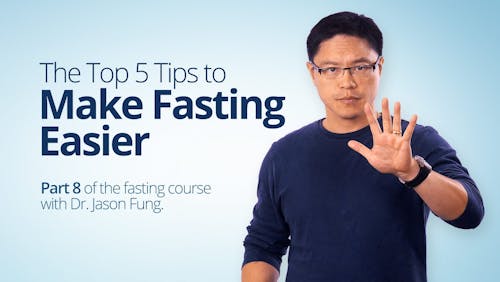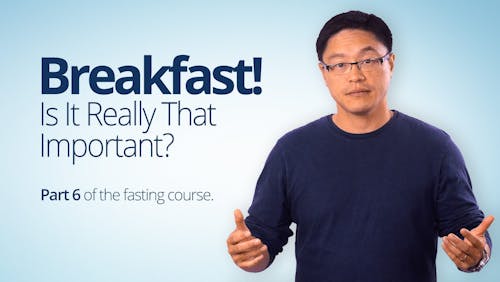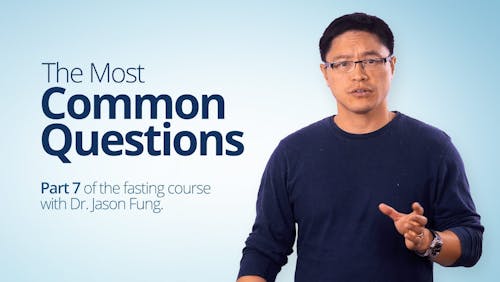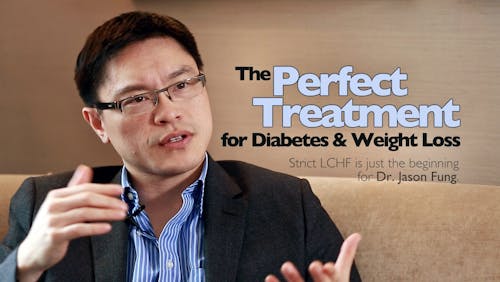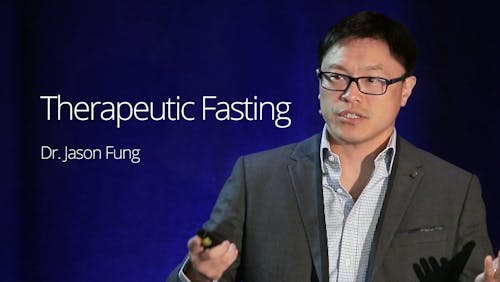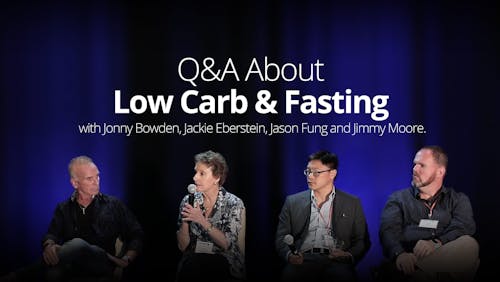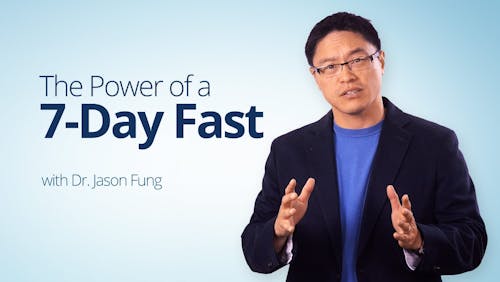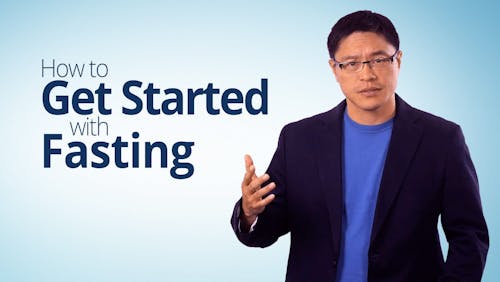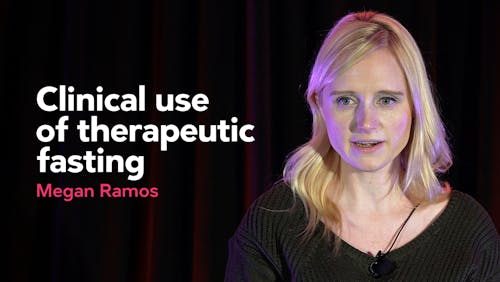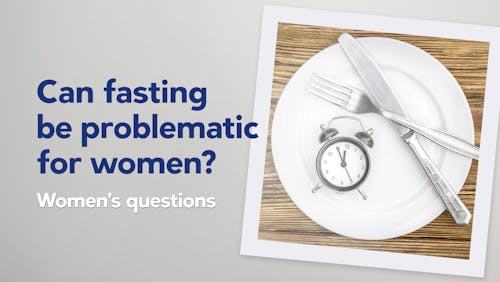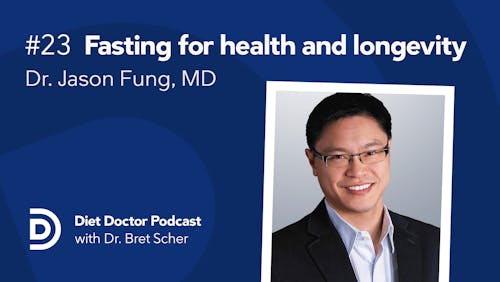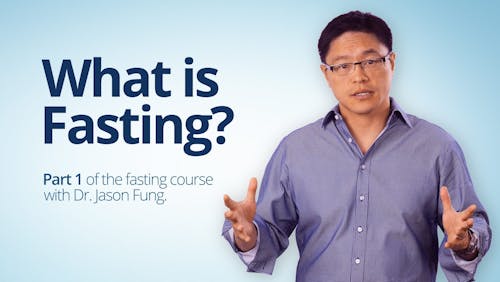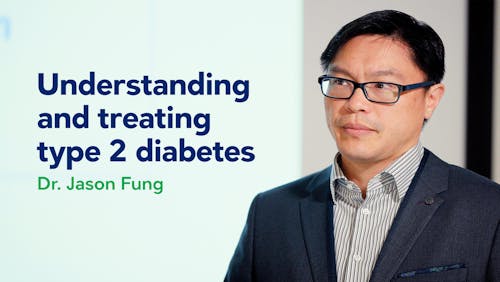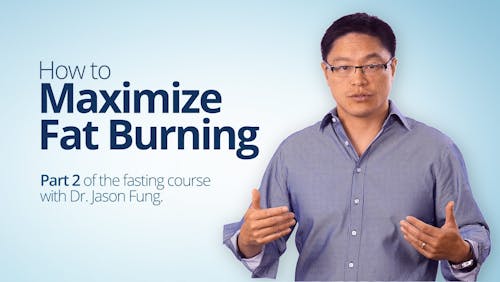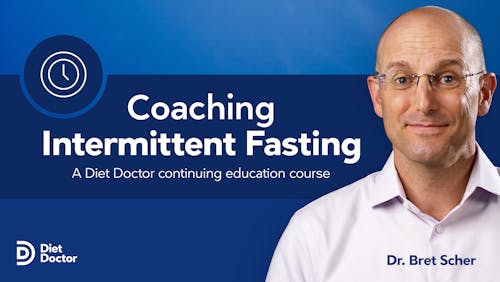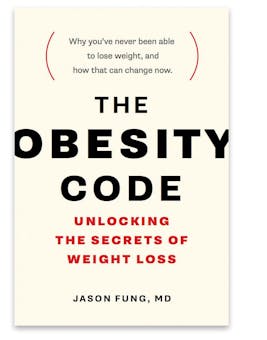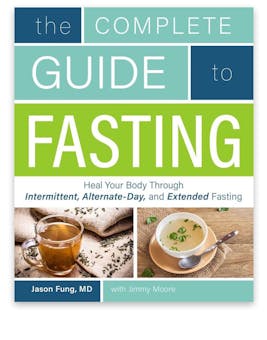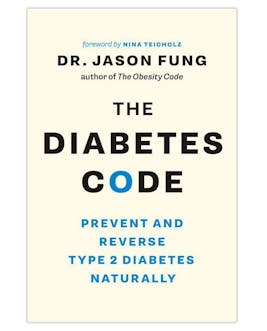My single best weight loss tip
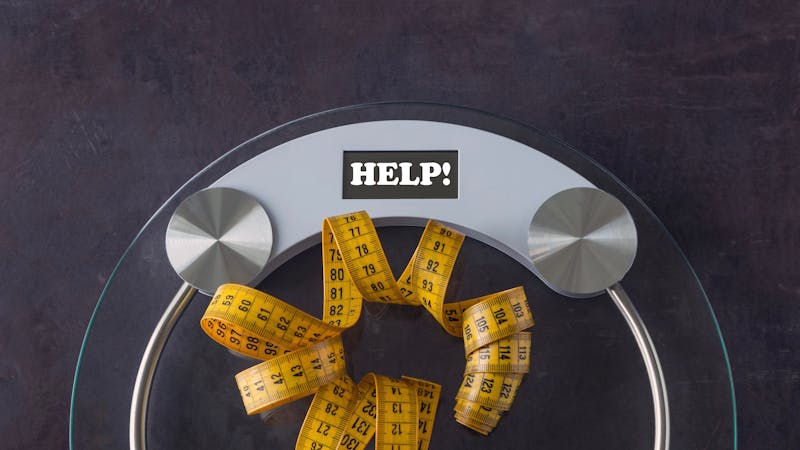
Just following up on our post from last week – Robert – I wanted to share with you my single best weight-loss tip.
In your body, nothing happens by accident. Every single physiologic process is a tight orchestration of hormonal signals. Whether our heart beats faster or slower is tightly controlled by hormones. Whether we urinate a lot or a little is tightly controlled by hormones. Whether the calories we eat are burned as energy or stored as body fat is also tightly controlled by hormones. So, the main problem of obesity is not necessarily the calories we eat, but how our bodies use them. And the main hormone we need to know about is insulin.
Insulin is a fat-storing hormone. There’s nothing wrong with that – that is simply its job. When we eat, insulin goes up, signaling the body to store some food energy as body fat. When we don’t eat, then insulin goes down, signaling the body to burn this stored energy (body fat). Higher than usual insulin levels tell our body to store more food energy as body fat.
Hormones are central to obesity as is everything about human metabolism, including body weight. A critical physiological variable such as body fatness is not left up to only the vagaries of daily caloric intake and exercise. If early humans were too fat, they could not easily run and catch prey and would be more easily caught themselves. If they were too skinny, they would not be able to survive the lean times. Body fatness is a critical determinant of species survival.
As such, we rely on hormones to precisely and tightly regulate body fat. We don’t consciously control our body weight any more than we control our heart rates or our body temperatures. These are automatically regulated, and so is our weight. Hormones can tell us we are hungry (ghrelin). Hormones can tell us we are full (peptide YY, cholecystokinin). Hormones can increase energy expenditure (adrenalin). Hormones can shut down energy expenditure (thyroid hormone). Obesity can be a hormonal dysregulation of fat accumulation. We can get fat because we’ve given our body the hormonal signal to gain body fat. And those hormonal signals go up or down according to our diet.
Obesity is a hormonal as much as a caloric imbalance.
Insulin levels are almost 20 percent higher in obese subjects, and these elevated levels are strongly correlated to important indices such as waist circumference and waist/hip ratio. Does high insulin cause obesity?
The “insulin causes obesity” hypothesis is easily tested. If you give insulin to a random group of people, will they gain fat? The short answer is an emphatic “Yes!” Patients who use insulin regularly and physicians who prescribe it already know the awful truth: the more insulin you give, the more weight people gain. Numerous studies have already demonstrated this fact. Insulin causes weight gain.
In the landmark 1993 Diabetes Control and Complications Trial, researchers compared a standard dose of insulin to a high dose designed to tightly control blood sugars in type 1 diabetic patients. Large insulin doses controlled blood sugars better, but what happened to their weight? Participants in the high-dose group gained, on average, approximately 9.8 pounds (4.5 kilograms) more than participants in the standard group. More than 30 percent of patients experienced “major” weight gain!
Prior to the study, both groups were more or less equal in weight, with little obesity. The only difference between the groups was the amount of insulin administered. Insulin levels were increased. Patients gained weight. Insulin causes obesity. As insulin goes up, one possible effect is that the body’s set weight goes up. The hypothalamus can send out hormonal signals to the body to gain weight causing us to become hungry and eat. If we deliberately restrict caloric intake, then our total energy expenditure will decrease. The result may still be the same – weight gain.
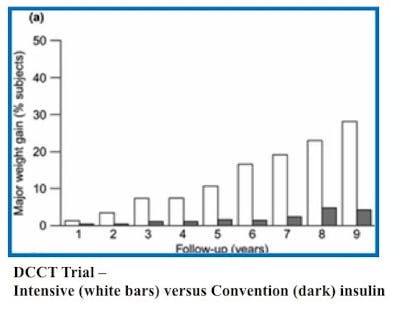


Once we understand that hormonal imbalances can affect weight gain, we can begin to treat it. If we believe that excess calories alone cause obesity, then the treatment is to reduce calories. But this method has been a long-term failure. However, if too much insulin contributes to obesity, then it becomes clear that we need to lower insulin levels.
The question is not just how to balance calories; the question is how to balance calories and our hormones especially insulin. There are really only two ways that insulin increases. Either:
- We eat more foods that stimulate insulin
- We eat the same insulin-stimulating foods, but more frequently.
I believe the key to long-lasting weight control is to control the main hormone responsible, which is insulin. There are no drugs that can control insulin. Controlling insulin requires a change in our diet, which is composed of two factors – how high the insulin levels are after meals, and how long they persist. This boils down to two simple factors:
- What we eat – determines how high insulin spikes
- When we eat – determines how persistent insulin is
Most diets concern themselves with only the first question and I believe that is why they fail over the long term. It is not possible to address only half the problem and expect success.
In terms of the foods, this is not a low-calorie diet. This is not even necessarily a low-carbohydrate diet. This is not a vegetarian diet. This is not a low-fat diet. This is not a carnivore diet. This is a diet designed to lower insulin levels because insulin is the physiologic trigger of fat storage. If you want to lower fat storage, you should strive to lower insulin, and this may be done even with a high-carbohydrate diet.
Many traditional societies have eaten carbohydrate-based diets without suffering from rampant obesity. In the 1970s, before the obesity epidemic, the Irish were loving their potatoes. The Asians were loving their white rice. The French were loving their bread.
Even in America, let’s remember the 1970s. Disco was sweeping the nation. Star Wars and Jaws played to packed theatres. If you looked at an old photograph from that era, perhaps you might be amazed at several things. First, why anybody ever thought bell bottoms were cool. Second, it’s amazing just how little obesity there is. Take a look at some old high school yearbooks from the 1970s. There is virtually no obesity. Perhaps one child in a hundred.
What was the diet of the 1970s? They were eating white bread and jam. They were eating ice cream. They were eating Oreo cookies. There were not eating whole-wheat pasta. They were not eating quinoa. They were not eating kale. They were not counting calories. They were not counting net carbs. They were not even really exercising much. These people were doing everything ‘wrong’ yet, seemingly effortlessly, there was no obesity. Why?
What about the diet of the Chinese in the 1980s? They were eating tons of white rice. On average, over 300 grams per day, compared to a low-carb diet of less than 50 grams and all highly refined. Yet they had virtually no obesity. Why?
What about the diet of the Okinawans? Over 80% carbohydrates, and mostly sweet potato, which has some sugar in it. What about the Irish in the 1970s, with their beloved beer and potatoes? They didn’t think twice about what they were eating, but until recently there was almost no obesity. Why?
The answer is simple. Come closer. Listen carefully.
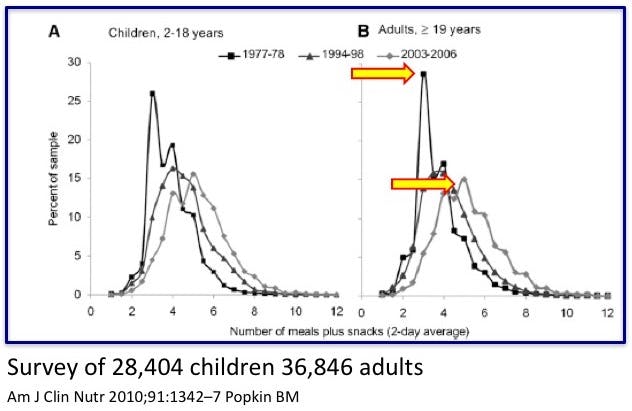


They were not eating all the time.
When you don’t eat, this is technically known as ‘fasting’. This is the reason there is the English word ‘break fast’ or breakfast, the meal that breaks your fast. During your sleep, you are (presumably) not eating and therefore fasting. This allows time for your body to digest the foods, process the nutrients and burn the rest for energy to power your vital organs and muscles. In order to maintain a stable weight, you must balance feeding and fasting.
During feeding, you store food energy as body fat. During fasting, you burn body fat for energy. If you balance those two, your weight will remain stable. If you are predominantly feeding, you will gain weight. If you are predominantly fasting, you will lose weight. So, here’s my best single tip for weight loss. It’s so simple and obvious that even a 5-year old could have come up with it.
Don’t eat all the time.
Unfortunately, most nutritional authorities tell you the exact opposite. Eat six times a day. Eat lots of snacks. Eat before you go to bed. Eat, eat, eat – even to lose weight! It sounds backwards because it is backwards. Instead, it may be better to use intermittent fasting, a dietary technique used successfully for countless generations.
Also published on idmprogram.com.
Ready to lose the weight for good?
Our new 10-week program helps you lose weight in a healthy and sustainable way.
Sign up now!Dr. Fung’s top posts
Type 2 diabetes
Weight loss
Keto
Intermittent fasting
More with Dr. Fung
Dr. Fung has his own blog at idmprogram.com. He is also active on Twitter.
Dr. Fung’s books The Obesity Code, The Complete Guide to Fasting and The Diabetes Code are available on Amazon.
